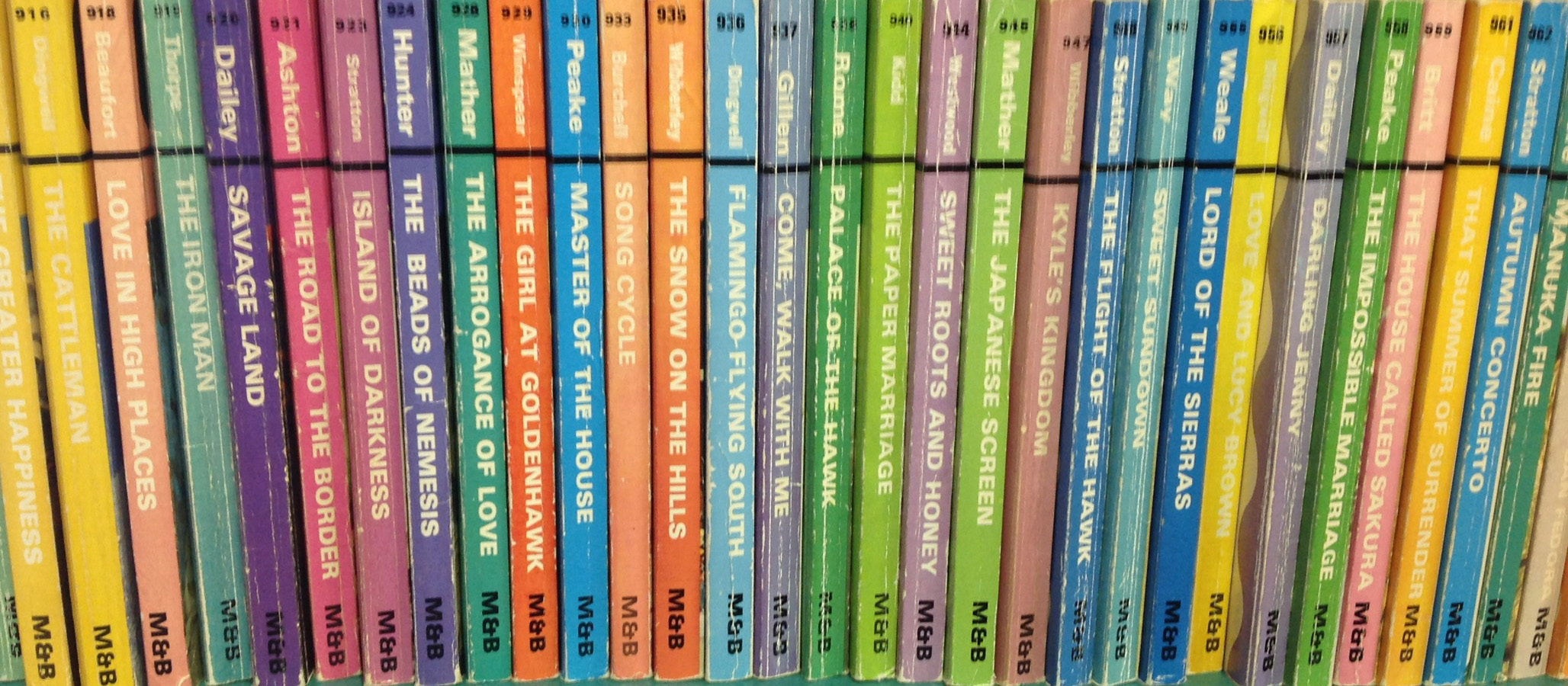“To Be Able to Love Is Freedom”: African American Historical Romance as Neo-Slave Narrative
Start Date
22-4-2020 10:15 AM
End Date
22-4-2020 11:15 AM
Proposal Type
Individual Presentation
Abstract
The stories of enslaved black people in the United States have been creatively imagined in an abundance of ways since Emancipation, through approaches that cross multiple boundaries. From novels such as Toni Morrison’s Beloved and the syncopated sonnets of Tyehimba Jess’s Olio, to Kyle Baker’s comic, Nat Turner, and the motion picture legacies of Alex Haley’s Roots – each draw on different structural conventions and tropes, while bearing collective witness to racial trauma. My proposed paper explores the risks and rewards of relocating African American historical romance from the margins to the center of this tradition. I consider how the vigorous scholarly discourse that surrounds “neo-slave narratives” can be enriched with the meaningful inclusion of Beverly Jenkins, Alyssa Cole, Piper Huguley, and other romance writers. What happens to our critical assumptions about how slavery should be depicted when the so-called fantasy of the romance's “happily ever after” is placed in conversation with thought experiments like Octavia Butler’s Kindred that use time-travel as a vehicle to interrogate larger truths? And how do we reckon with the kind of intimacy that is valued in the romance genre – the joy of companionship, the pleasures of touch – when the black body’s physicality seems inextricably bound to historical realities of sexual, economic, and psychological exploitation? Based on my research and teaching experiences with these texts, my analysis suggests that while fraught questions of “love” circulate through most fictional representations of slavery, African American historical romance underscore a vital sense of vulnerability, women-centered desire, and inner resourcefulness that yields new and challenging interpretations of the past.
“To Be Able to Love Is Freedom”: African American Historical Romance as Neo-Slave Narrative
The stories of enslaved black people in the United States have been creatively imagined in an abundance of ways since Emancipation, through approaches that cross multiple boundaries. From novels such as Toni Morrison’s Beloved and the syncopated sonnets of Tyehimba Jess’s Olio, to Kyle Baker’s comic, Nat Turner, and the motion picture legacies of Alex Haley’s Roots – each draw on different structural conventions and tropes, while bearing collective witness to racial trauma. My proposed paper explores the risks and rewards of relocating African American historical romance from the margins to the center of this tradition. I consider how the vigorous scholarly discourse that surrounds “neo-slave narratives” can be enriched with the meaningful inclusion of Beverly Jenkins, Alyssa Cole, Piper Huguley, and other romance writers. What happens to our critical assumptions about how slavery should be depicted when the so-called fantasy of the romance's “happily ever after” is placed in conversation with thought experiments like Octavia Butler’s Kindred that use time-travel as a vehicle to interrogate larger truths? And how do we reckon with the kind of intimacy that is valued in the romance genre – the joy of companionship, the pleasures of touch – when the black body’s physicality seems inextricably bound to historical realities of sexual, economic, and psychological exploitation? Based on my research and teaching experiences with these texts, my analysis suggests that while fraught questions of “love” circulate through most fictional representations of slavery, African American historical romance underscore a vital sense of vulnerability, women-centered desire, and inner resourcefulness that yields new and challenging interpretations of the past.


